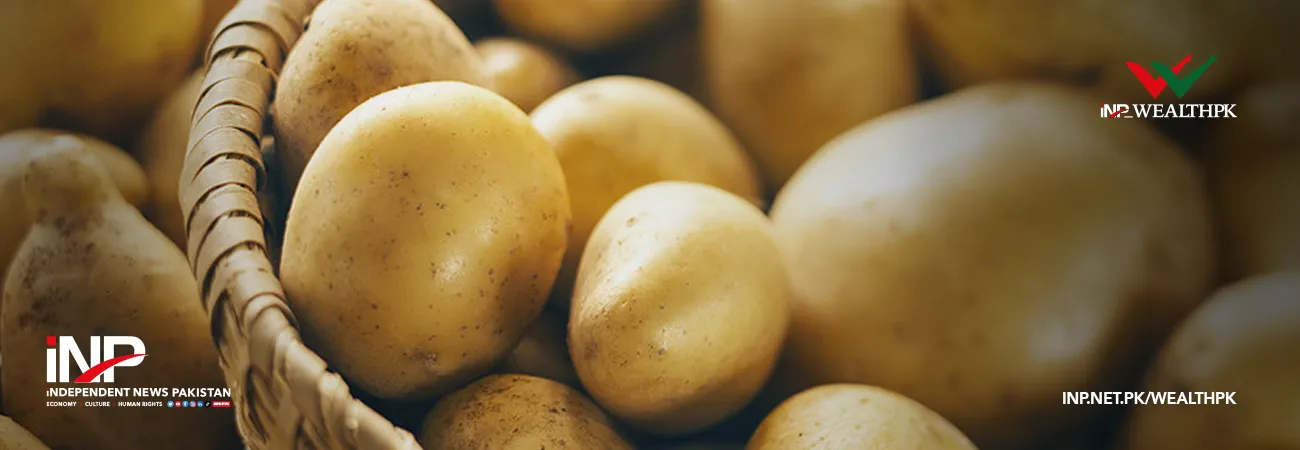INP-WealthPk
Raza Khan
Pakistan has exports potential of $6.6 billion to Japan, according to Pakistan Business Council (PBC) estimates. “Pakistan’s actual exports potential to Japan within just the top 100 high potential products is around $6.6 billion,” the PBC said in a report. The products with significant potential include toilet linen and kitchen linen, rice, undenatured ethyl alcohol, instruments and appliances used for medical purposes, and men’s trousers.
Pakistan’s highest export potential of $540 million is for toilet linen and kitchen linen. However, Pakistan is facing significantly higher tariffs on these articles. As much as 50% of Pakistan’s total trade potential is covered by items under the textile category.The PBC recommended that Pakistan should seek preferential tariff access from Japan for its textile products or at least the same tariffs that Japan applies on these products when imported from ASEAN or Bangladesh.
“Once Pakistan builds sufficient presence in these textile categories, negotiations can begin for a deeper and more inclusive free trade agreement,” the PBC said. According to the PBC, the country’s top exports to Japan are cotton, apparel and home textiles, fish and crustaceans, articles of iron and steel, articles of leather, oil seeds and oleaginous fruits, surgical instruments, and copper articles.
“Textiles are Pakistan’s major exports to Japan, having a 56.3% share in total exports,” mentioned the PBC report.Pakistan’s top imports from Japan are iron and steel, machinery, surgical instruments, electrical machinery, man-made staple fibres, floating structures, paper and paperboard, and household tools. Pakistan’s imports from Japan are mostly concentrated in the transportation sector, contributing around 50% to total imports in recent years.
According to the Ministry of Commerce, Pakistan’s exports to Japan continue to follow a positive trend, showing a 5.3% increase in the first eight months (July-February) of current fiscal year (2022-23). Exports to Japan rose to $144.5 million during July-February FY23 from $ 137.3 million during the same months of last fiscal year, according to the Ministry of Commerce.
Food items, textile products, seafood, and leather products were Pakistan’s major exports to China during the current fiscal year. Japan is the second largest economy in Asia, with a GDP of $5.1 trillion. However, Pakistan has only a 0.1% share in Japan’s imports despite being granted Generalised System of Preferences (GSP) status. Japan has a 3.8% share of Pakistan’s imports. According to Pakistan’s Embassy in Japan, Pakistan can enhance exports of food group to Japan. Several Pakistani companies participated in Foodex Japan 2023 Festival in Tokyo in March where Pakistan Pavilion displayed a variety of food products.
The embassy said that manpower is also in demand in Japan. Pakistan Embassy in Tokyo arranged Pakistan human resource seminar in February. At the event, representatives of more than 45 Japanese companies and 35 Pakistani overseas employment promoters participated. According to Raza Bashir Tarar, Pakistan’s Ambassador to Japan, Japan is a huge market for labour and manpower. He said Pakistan can export a large number of workforce to Japan through better planning and providing skills to youth.
Credit: Independent News Pakistan-WealthPk













